Klose Lab @ University of Oxford
The Klose lab is interested in understanding how chromatin based and epigenetic processes contribute to regulation of gene expression.
To achieve this we use cutting edge biochemical, molecular, genetic, and genomic approaches in model stem cell and developmental systems.
Ultimately, our motivation is to understand how chromatin impinges on gene expression in normal cell biology as a way of informing therapeutic approaches to counteract its perturbation in cancer and other human diseases.
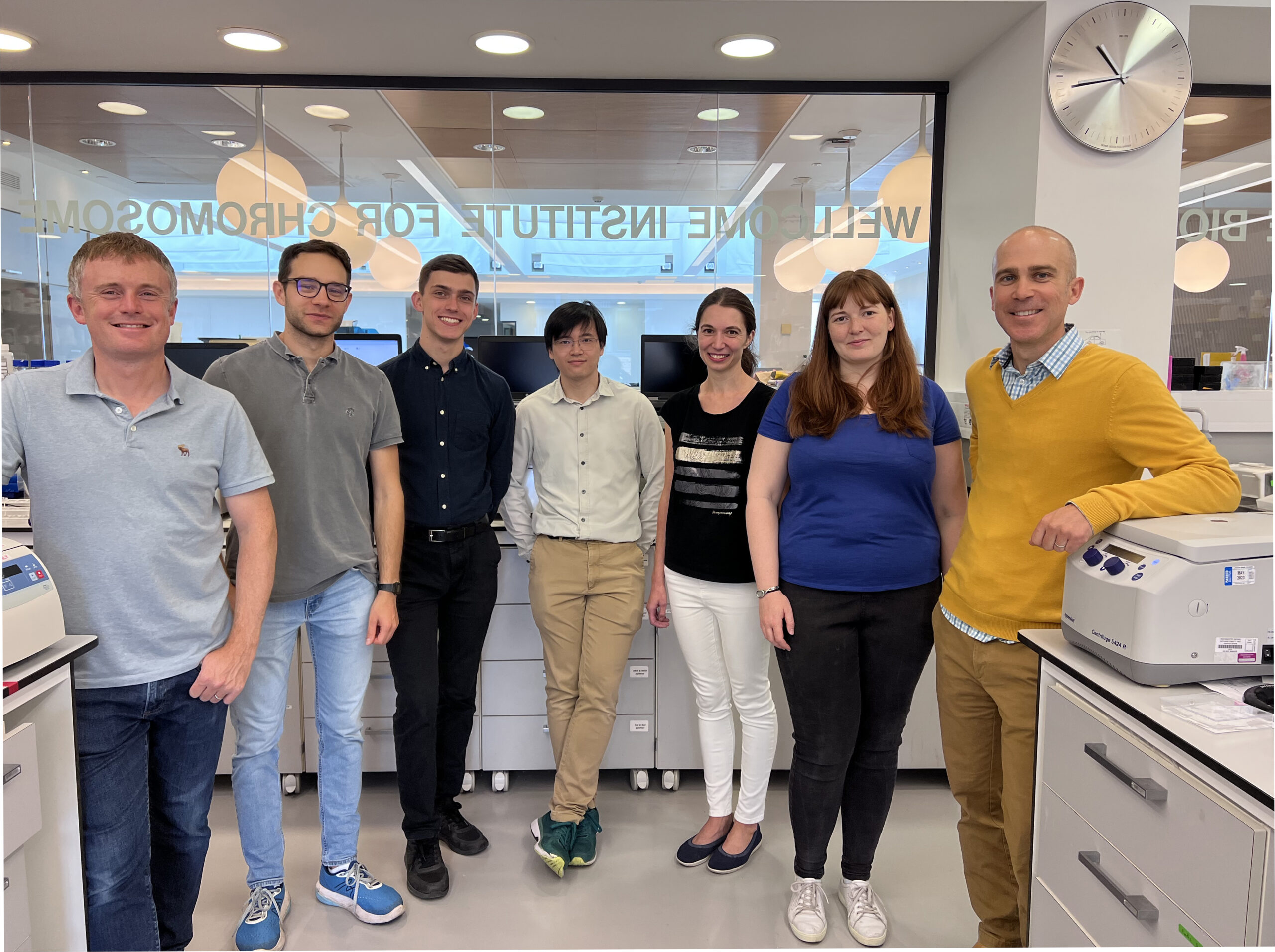 Neil Blackledge
Neil Blackledge
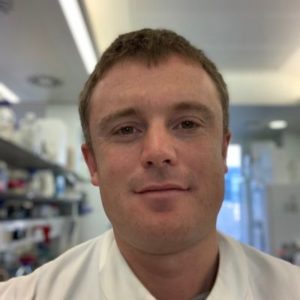
Neil Blackledge 
"I am interested in how Polycomb repressive complexes get to their target sites in the genome and how they counteract the process of transcription"
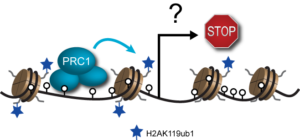
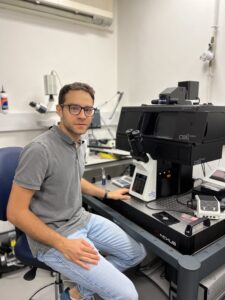
Aleksander Szczurek 
"I study Polycomb-mediated gene repression through employing microscopy-based single-cell/single-molecule techniques"
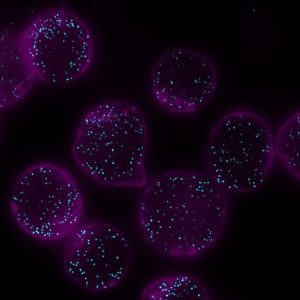
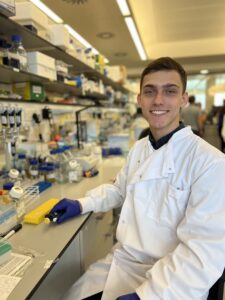
Maciej Maciuszek 
"I am interested in understanding the mechanisms that control the earliest steps in gene transcription"
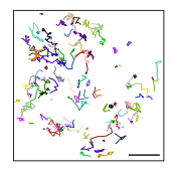
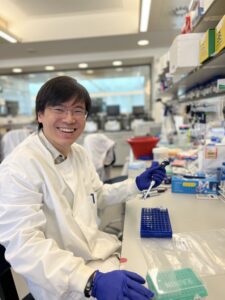
Alan Au 
"'I am facinated by how the Trithorax system controls chromatin modifications states and gene transcrption'"
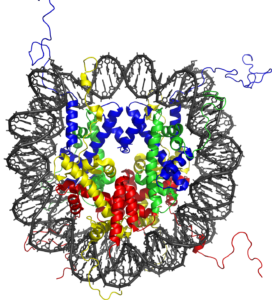
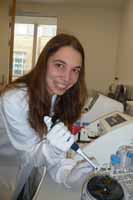
Emilia Dimitrova 
"I am interested in how CpG island binding proteins regulate transcription."
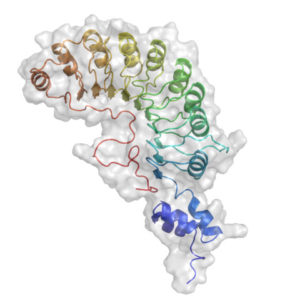
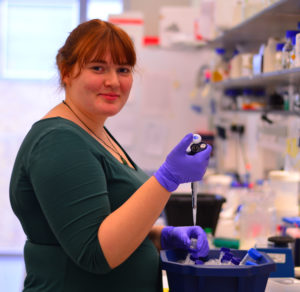
Jess Kelley 
"I am using biochemical and structural approaches to investigate the molecular mechanisms of gene regulation by Trithorax group proteins"
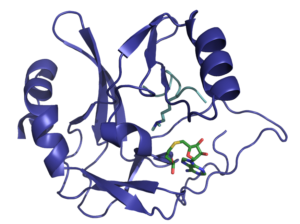

Rob Klose 
"We strive to discover how CpG islands control gene expression."

